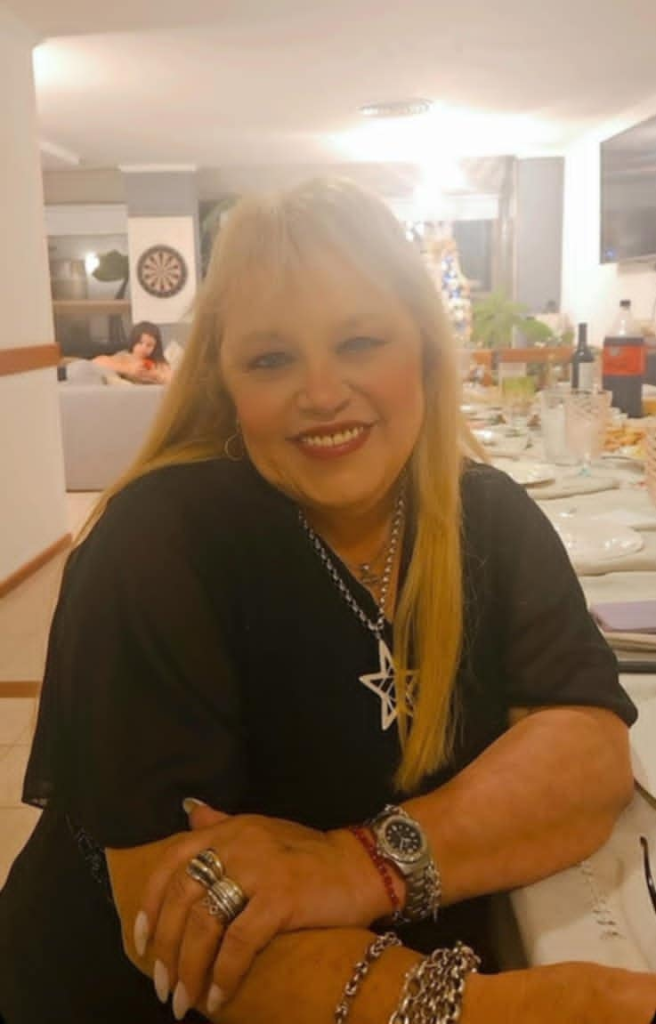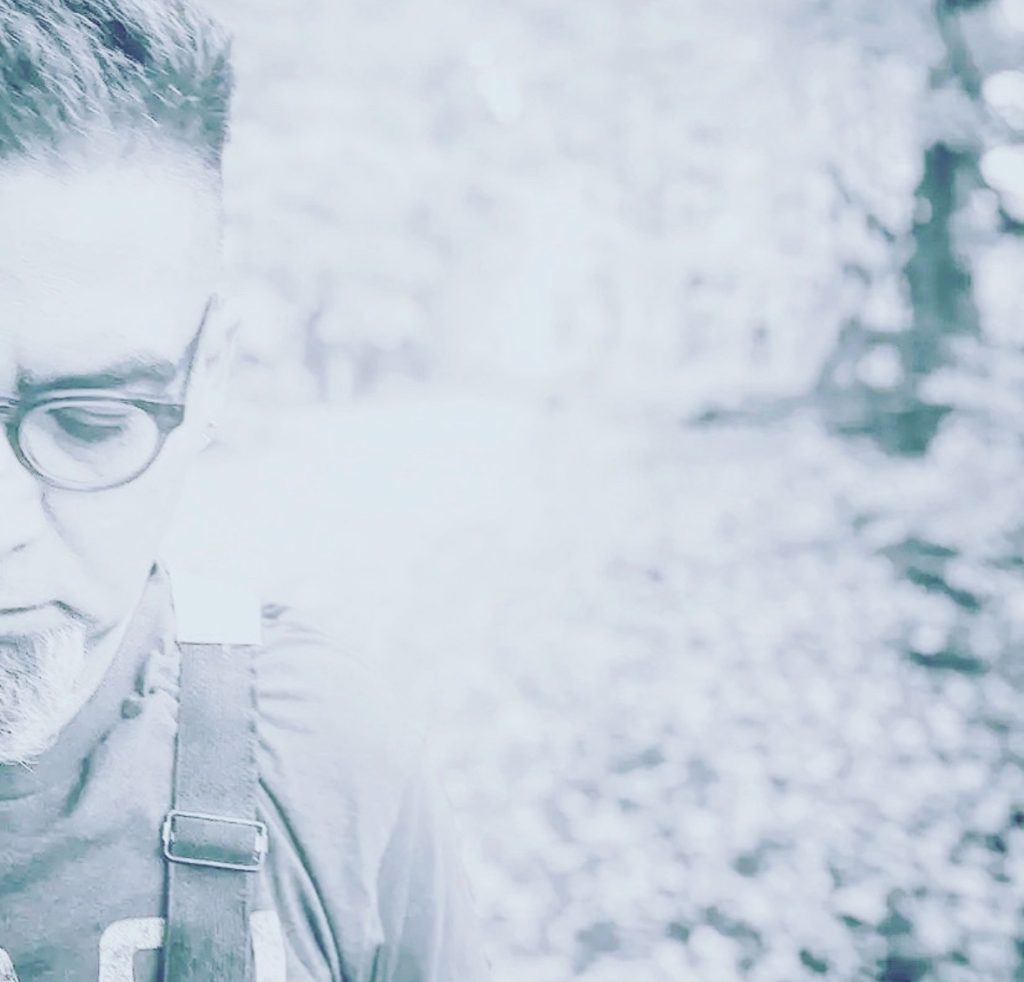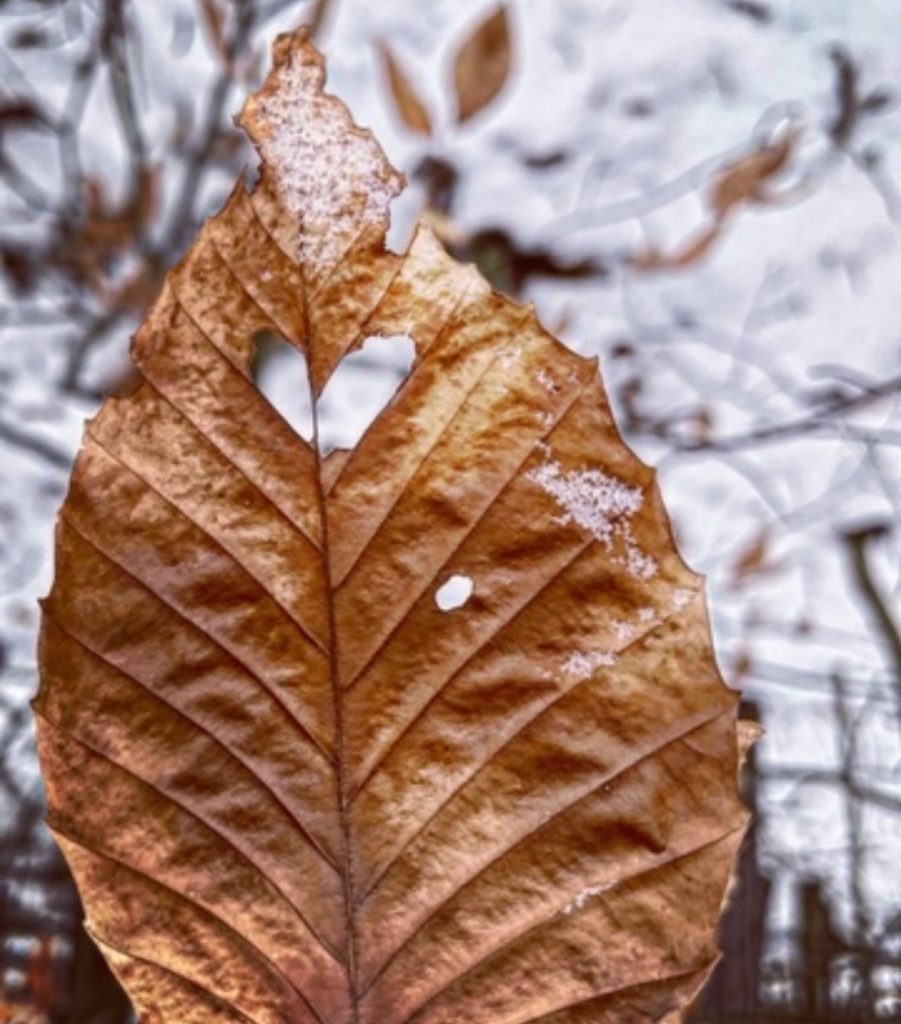
Inside, Outside
The storm outside, flying the leaves
The branches of the tress are jerking too much
With the hearts in the room we live in
Suddenly the absented mind jumped to the sea
Once the sea birds while passing on the ship
I watched them flying rounding the feathers
Floating on the waves I thought of the sky
And the bounty of the flowing waters
I am getting lost in the far distance from the beach
Life turns it end at the moment of enjoying the beautiful nature
The storm is blowing inside
We hide from each other so quick
As the red crabs take shelter in the sand after sometimes the sun rises
Standing on the track we count our days like that fire smoking vanishes
Time is so hard but no matter
We live in sweet dreams
O sweet faces, awaken in my heart
Switched on the light to sleep in the lovely garden.
Chapainawabganj, Bangladesh
20 December, 2024.
Md. Mahbubul Alam is from Bangladesh. His writer name is Mahbub John in Bangladesh. He is a Senior Teacher (English) of Harimohan Government High School, Chapainawabganj, Bangladesh. Chapainawabganj is a district town of Bangladesh. He is an MA in English Literature from Rajshahi College under National University. He has published three books of poems in Bangla. He writes mainly poems but other branches of literature such as prose, article, essay etc. also have been published in national and local newspapers, magazines, little magazines. He has achieved three times the Best Teacher Certificate and Crest in National Education Week in the District Wise Competition in Chapainawabganj District. He has gained many literary awards from home and abroad. His English writings have been published in Synchronized Chaos for seven years.







